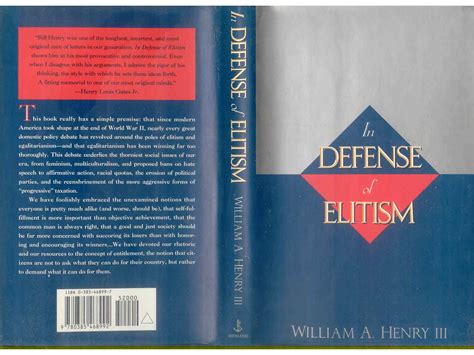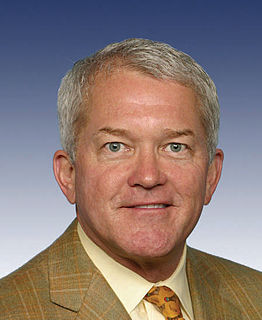A Quote by Paul Pierce
Understanding history means knowing what motivates you.
Quote Topics
Related Quotes
I think that the best movies are made, not from a point of view that depends on your personal history, whether it's the color of your skin or the politics that you had or the place that you come from, but from a point of view of an understanding of human nature, an understanding of history, and an understanding of what motivates people.
History is for human self-knowledge. Knowing yourself means knowing, first, what it is to be a person; secondly, knowing what it is to be the kind of person you are; and thirdly, knowing what it is to be the person you are and nobody else is. Knowing yourself means knowing what you can do; and since nobody knows what they can do until they try, the only clue to what man can do is what man has done. The value of history, then, is that it teaches us what man has done and thus what man is.
Self-awareness is a trait - or maybe 'practice' is the more accurate way to put it - that everyone can always improve at. It is part emotional intelligence, part perceptiveness, part critical thinking. It means knowing your weaknesses, of course, but it also means knowing your strengths and what motivates you.
Knowing means to penetrate through the surface, in order to arrive at the roots, and hence the causes; knowing means to "see" reality in its nakedness. Knowing does not mean to be in the possession of the truth; it means to penetrate the surface and to strive critically and actively in order to approach truth ever more closely.





































